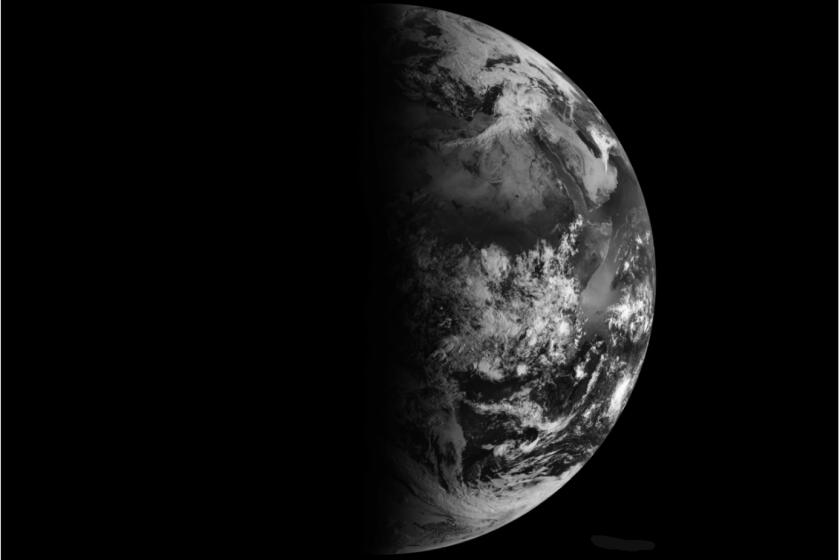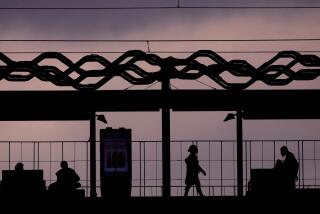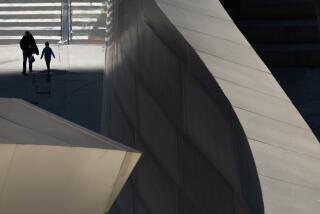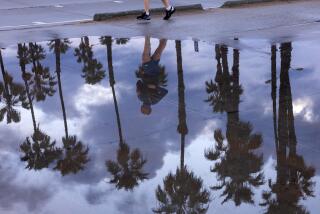March rain eases drought conditions. How much more will we get?
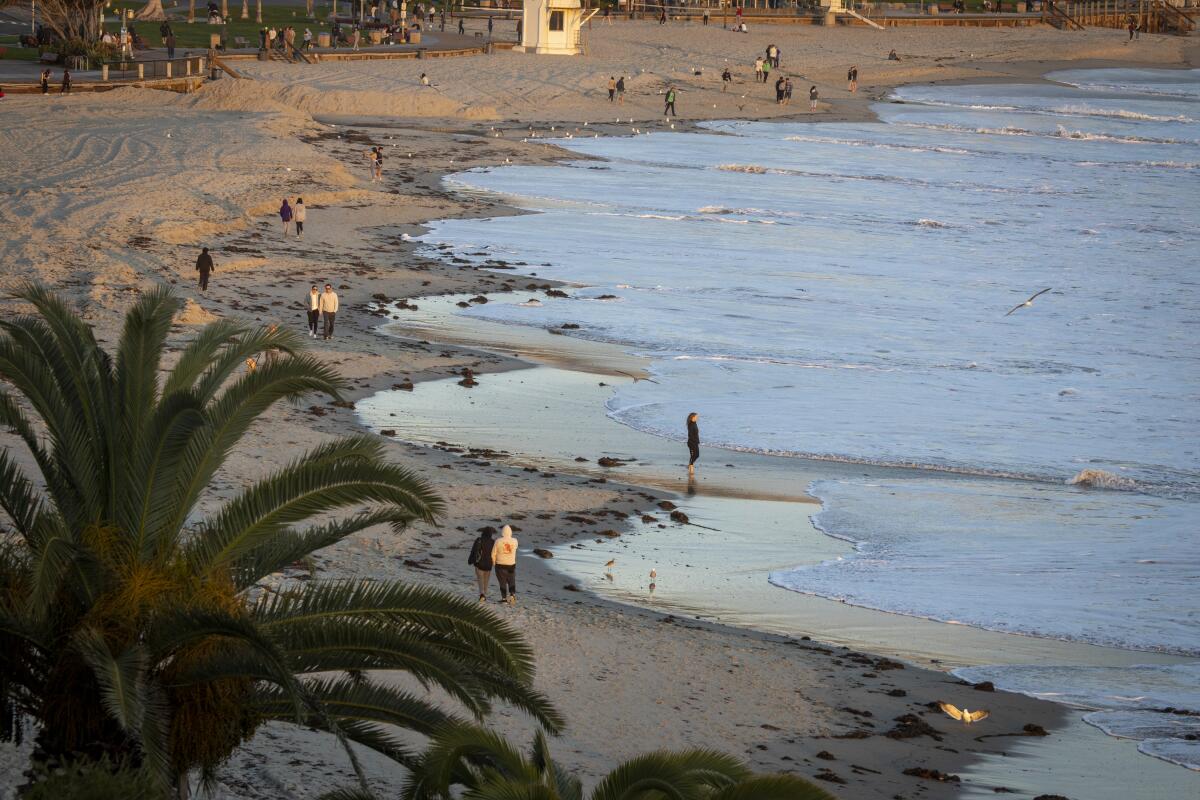
The persistent drizzle that’s dampened Southern California this month is expected to continue into the first days of spring, with light, scattered showers expected Thursday and back-to-back storms on the horizon next week.
Spotty showers from a storm in western Nevada are expected to bring some moisture to Los Angeles County on Thursday. Daily rain totals in most areas, however, will likely remain under one-tenth of an inch, said Kristen Stewart, a meteorologist with the National Weather Service in Oxnard.
Wrightwood is expected to see an inch of snow from the system, while Big Bear and Idyllwild could get up to 2 inches of fresh powder through Friday morning.
“We don’t really know where [the storm is] going to set up,” Stewart said. “There could be showery patches in several areas while other places are dry.”
Another system from the Gulf of Alaska is expected to make its way down the California coast by late Sunday, but the Southland likely won’t see any rain until Monday.
Forecasters predict that storm will bring one-tenth to one-half inch of rain through Tuesday. Once that system exits, another will move in right behind it on Wednesday, though it’s still too early to know how much rain Los Angeles will see from that front, Stewart said.
What effects, if any, will stronger sun and warmer temperatures with the spring equinox have on COVID-19?
The series of March storms has brought more than 2 feet of snow to the Sierra Nevada and has helped keep swaths of Southern California from sinking deeper into drought conditions following a bone-dry start to 2020.
As of Thursday morning, roughly 75% of the state was considered to be abnormally dry, down from 78% a week earlier. The portion of the state considered to be in moderate drought conditions dropped slightly as well, down to about 47%, according to the U.S. Drought Monitor.
In Southern California, the rainfall improved soil moisture and stream flow levels. Much of California, however, is still lagging far behind typical water-year totals. Precipitation in the Sierra Nevada and the north coastal and north central regions is more than 12 inches below normal.
The lack of rain has pushed a portion of Siskyou County, which straddles the state’s border with Oregon, into severe drought conditions, according to Deborah Bathke, a climate scientist with the National Drought Mitigation Center.
Although a large swath of Los Angeles County is still considered to be in moderate drought condition, forecasters are hopeful next week’s storms could boost rainfall totals closer to the normal range in the region. So far, downtown Los Angeles has received just over 10 inches of rain for the water year, 2.5 inches below normal, Stewart said.
“After those dry two months, finally March comes in and helps out,” she said. “It looks like it’s going to keep helping in the next week.”
More to Read
Sign up for Essential California
The most important California stories and recommendations in your inbox every morning.
You may occasionally receive promotional content from the Los Angeles Times.
